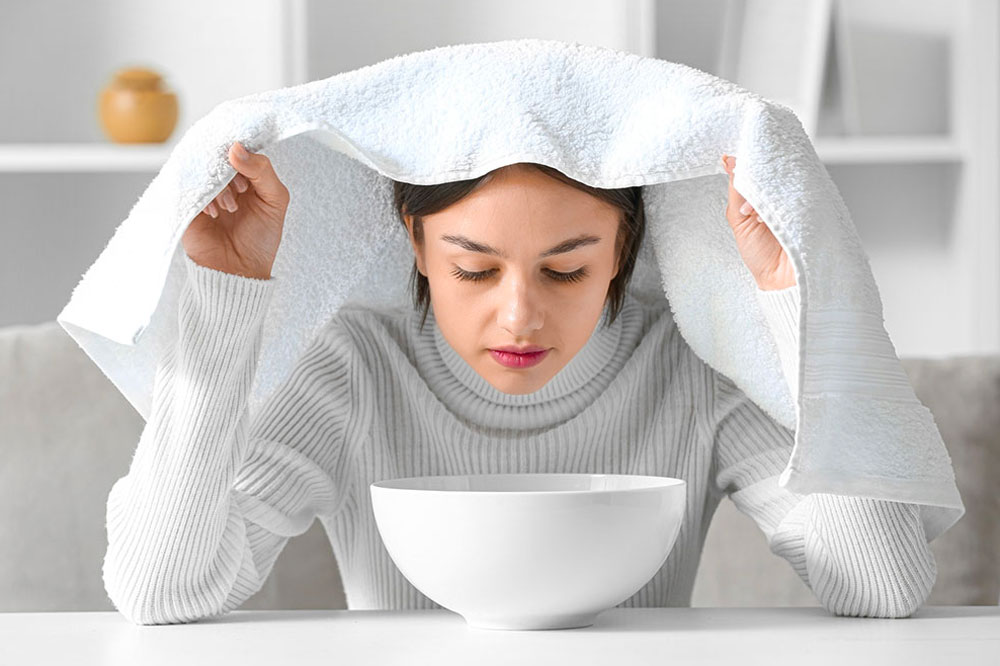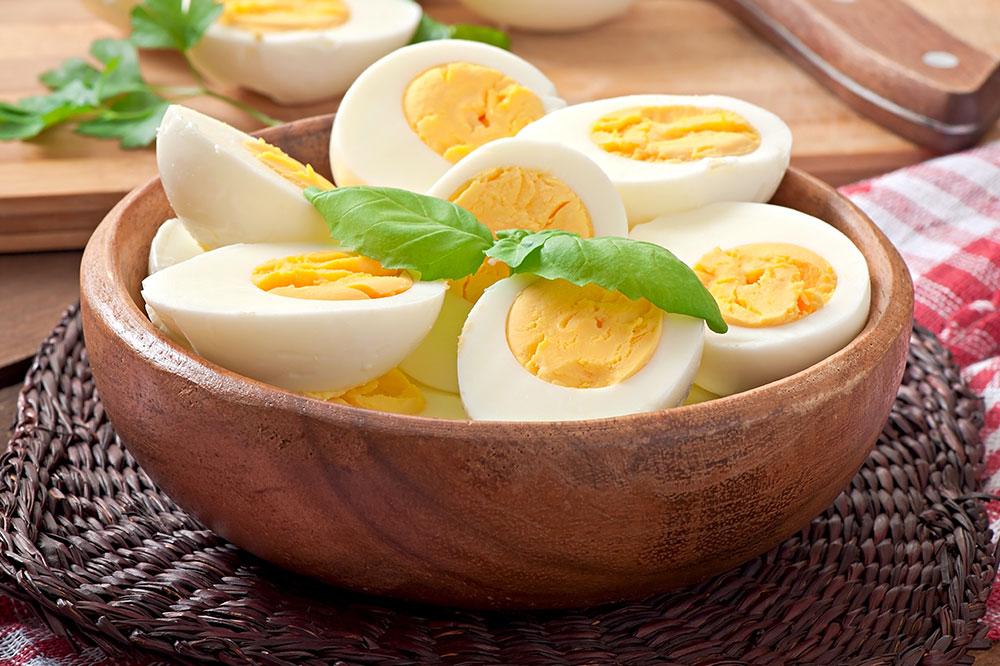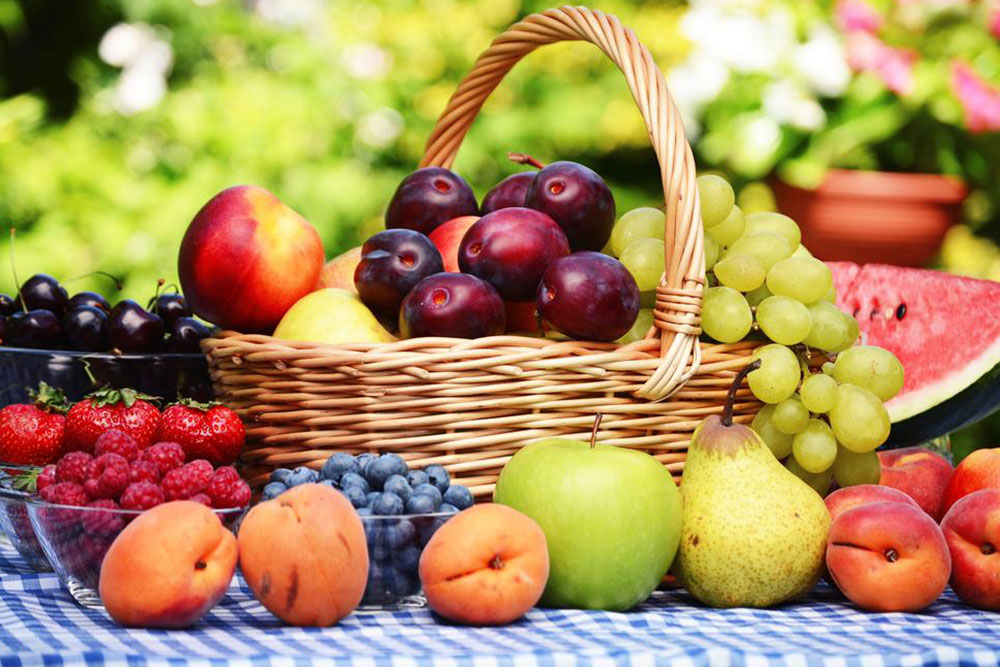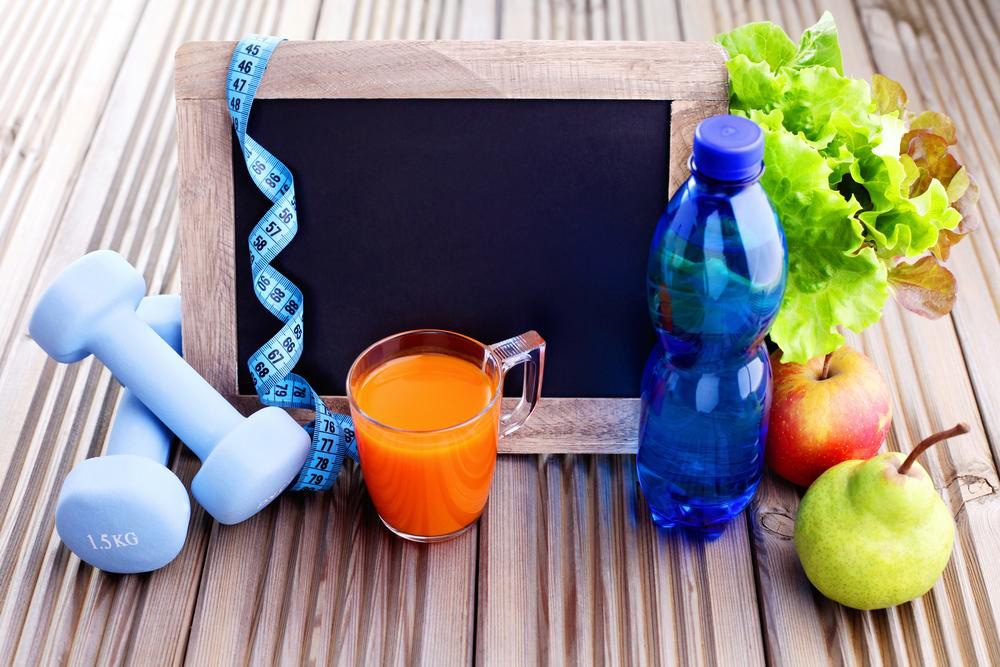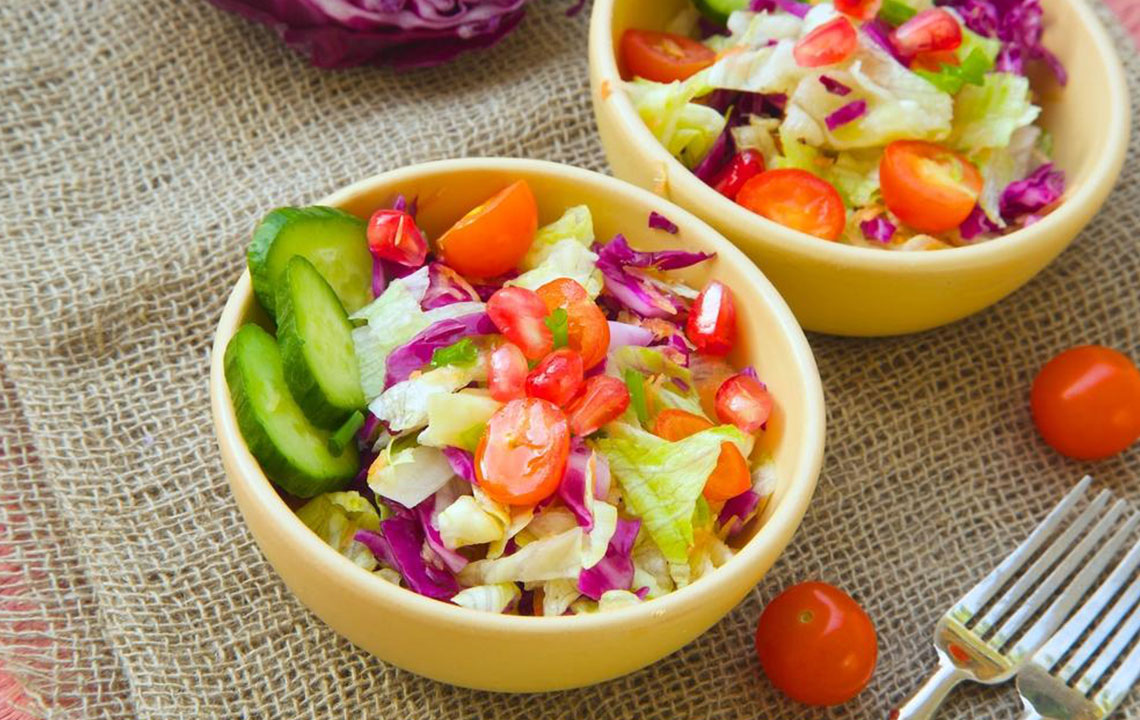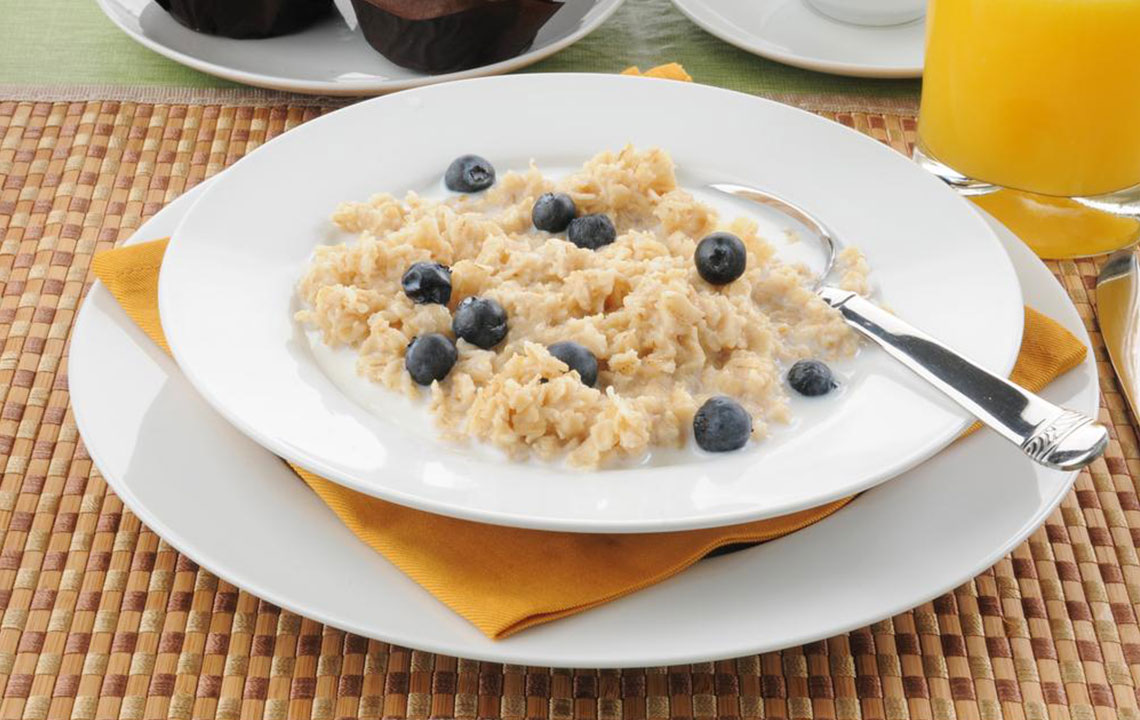Essential Diet Tips for Pancreatitis Recovery and Recommended Foods
Learn effective dietary strategies for pancreatitis recovery, including recommended foods like fish, leafy greens, and whole grains, as well as foods to avoid such as processed meats and sugary snacks. Proper nutrition supports healing and helps manage symptoms effectively, but always consult healthcare professionals for personalized advice.

Diet Strategies for Healing from Pancreatitis: Recommended Foods and Meal Guidelines
Pancreatitis is characterized by sudden inflammation of the pancreas, which can last for several days. The attack is often caused by digestive enzymes damaging the pancreatic tissue, with gallstones being a common trigger. Individuals suffering from pancreatitis typically experience intense upper abdominal pain along with nausea and vomiting. Hospital stays are common, and proper nutrition after discharge is essential to prevent future episodes. Eating the right foods plays a vital role in managing recovery and maintaining pancreatic health.
Foods to Focus On
1. Legumes and Pulses
A diet rich in fiber from beans and lentils helps prevent gallstone formation and reduces the risk of pancreatitis worsening. These foods also contain antioxidants to combat inflammation and provide energy through high-quality protein.
Including fish such as cod and haddock, which are low in fat and rich in proteins, supports recovery. Eating 2-3 servings per week may help reduce pancreatitis severity not related to gallstones. Omega-3 fatty acids found in fatty fish like salmon and mackerel are known to alleviate inflammation and ease symptoms.
Foods for Healing
3. Reduced-fat Dairy Products
Low-fat milk, yogurt, and cheese supply essential nutrients like calcium and protein, aiding pancreatic function and recovery. Avoid high-fat dairy options to minimize discomfort, and consider lactose-free alternatives such as soy milk or tofu if lactose intolerant.
Vegetables and Whole Grains
4. Leafy Greens
Spinach, kale, and Brussels sprouts are antioxidant-rich and help lower inflammation. Incorporating these vegetables into meals supports healing with vital vitamins and minerals.
Grains and Proteins
5. Whole Grains
Opt for oats, brown rice, and quinoa to increase fiber intake, which can prevent gallstones. Portion control is essential, and consult your healthcare provider for personalized recommendations, especially if simpler options like white rice or bread are advised.
Lean Meats and Roots
6. Lean Proteins
Choose chicken, turkey, or venison as easier-to-digest protein sources that are low in fat. These options help avoid fatty and processed meats, reducing strain on the pancreas.
Additional Supportive Foods
7. Beetroot
Rich in fiber, antioxidants, and vital nutrients like iron and vitamin C, beetroot boosts immunity and aids healing. Consume in moderation to avoid digestion issues.
Nutritious Roots
8. Sweet Potatoes
Loaded with beta-carotene and fiber, sweet potatoes support inflammation reduction and immune health. Enjoy boiled, stir-fried, or in soups and smoothies.
Foods to Limit or Avoid
1. Sugary and Refined Carbohydrates
Limit intake of sweets, sugary drinks, and processed foods, as they can worsen inflammation and elevate blood sugar, increasing pancreatitis risks.
2. Processed and Red Meats
Processing and high fat in meats can impair digestion and escalate symptoms. Substitute with lean meats and eggs for protein needs.
3. Factory-farmed Eggs
Choose free-range eggs over cage eggs to reduce saturated fat consumption, as they are healthier and contain higher-quality proteins.
4. Packaged or Fast Foods
Avoid foods with preservatives, MSG, and excessive spices that may induce inflammation. Prepare fresh meals whenever possible.
Healthcare professionals may recommend a gradual diet plan following acute episodes, starting with clear liquids and advancing to easily digestible foods. Always consult your doctor or nutritionist to tailor the diet to your recovery needs and ensure safe healing strategies.

